Nitin Jain: Enabling high-speed quantum communication and foiling quantum hackers
Nitin Jain, Northwestern University
Quantum-optical frequency conversion (QFC) provides a method, usually via a nonlinear interaction with an optical ‘pump’ beam, to keep the quantum features of an optical ‘signal’ intact. Most QFC experiments
upconvert near-infrared signal photons to those in the visible or near-visible regime due to the availability of highly-efficient detectors that can be operated at high speeds without incurring a severe noise penalty.
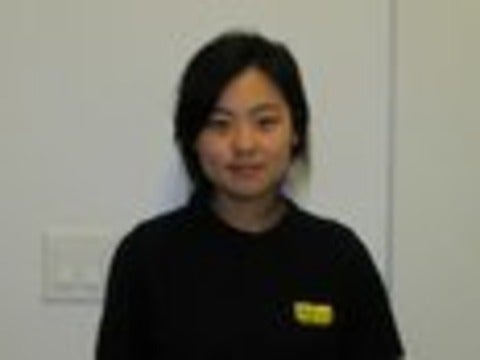
 Jihyun Park of the Department of Physics and Astronomy will be defending his thesis:
Jihyun Park of the Department of Physics and Astronomy will be defending his thesis: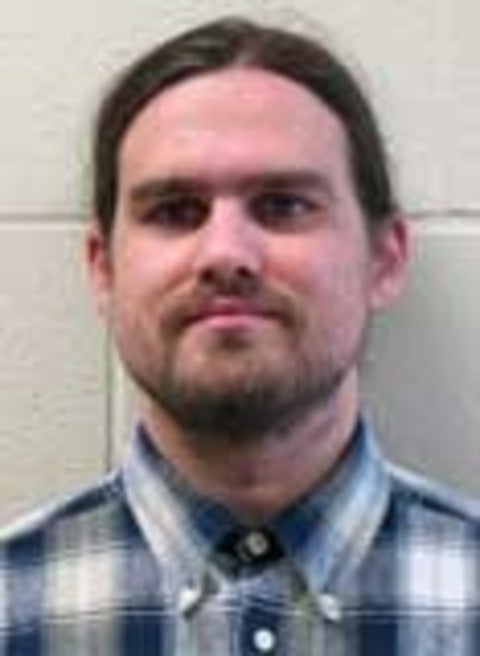
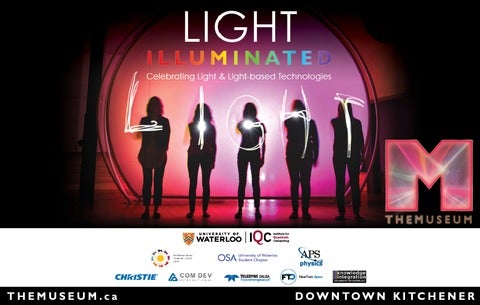
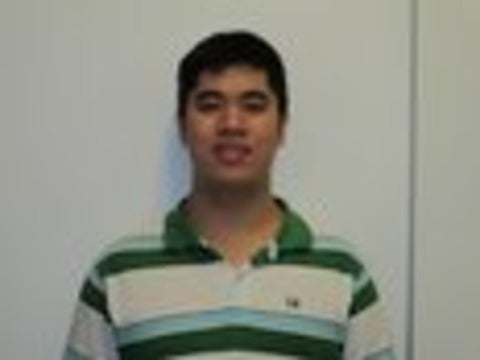
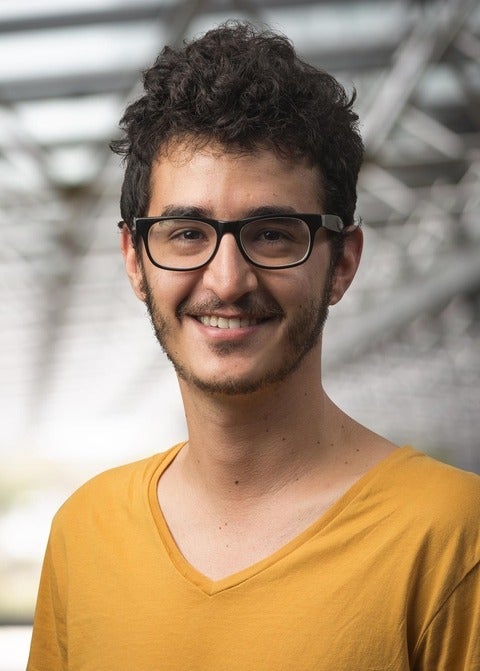
 Juan Miguel Arrazola of the Department of Physics and Astronomy will be defending his thesis:
Juan Miguel Arrazola of the Department of Physics and Astronomy will be defending his thesis: